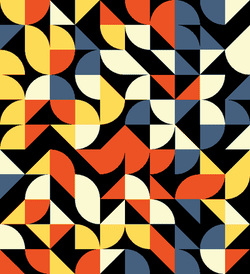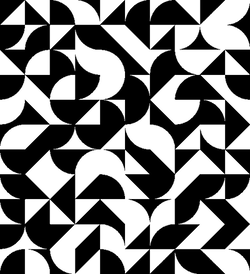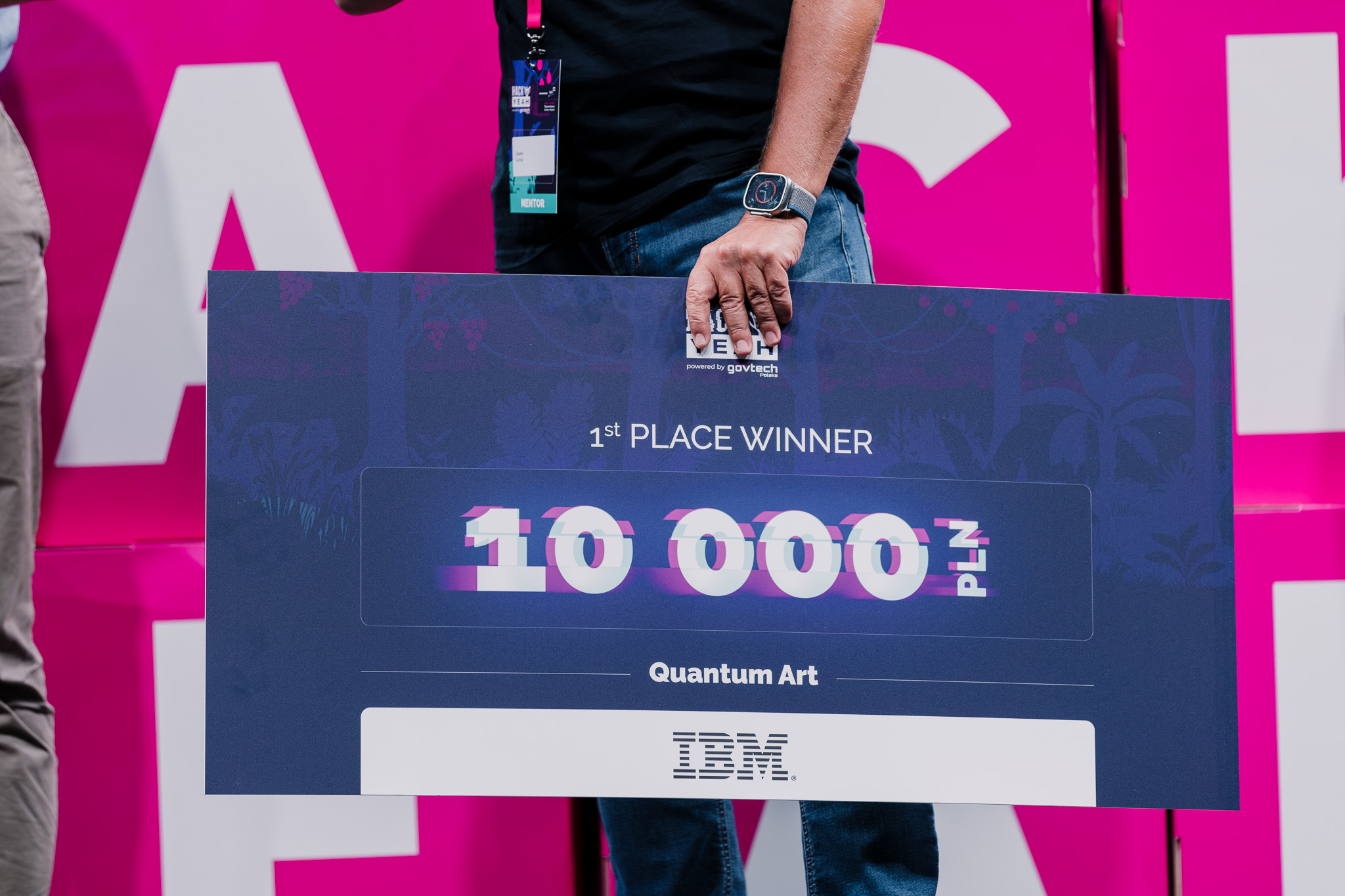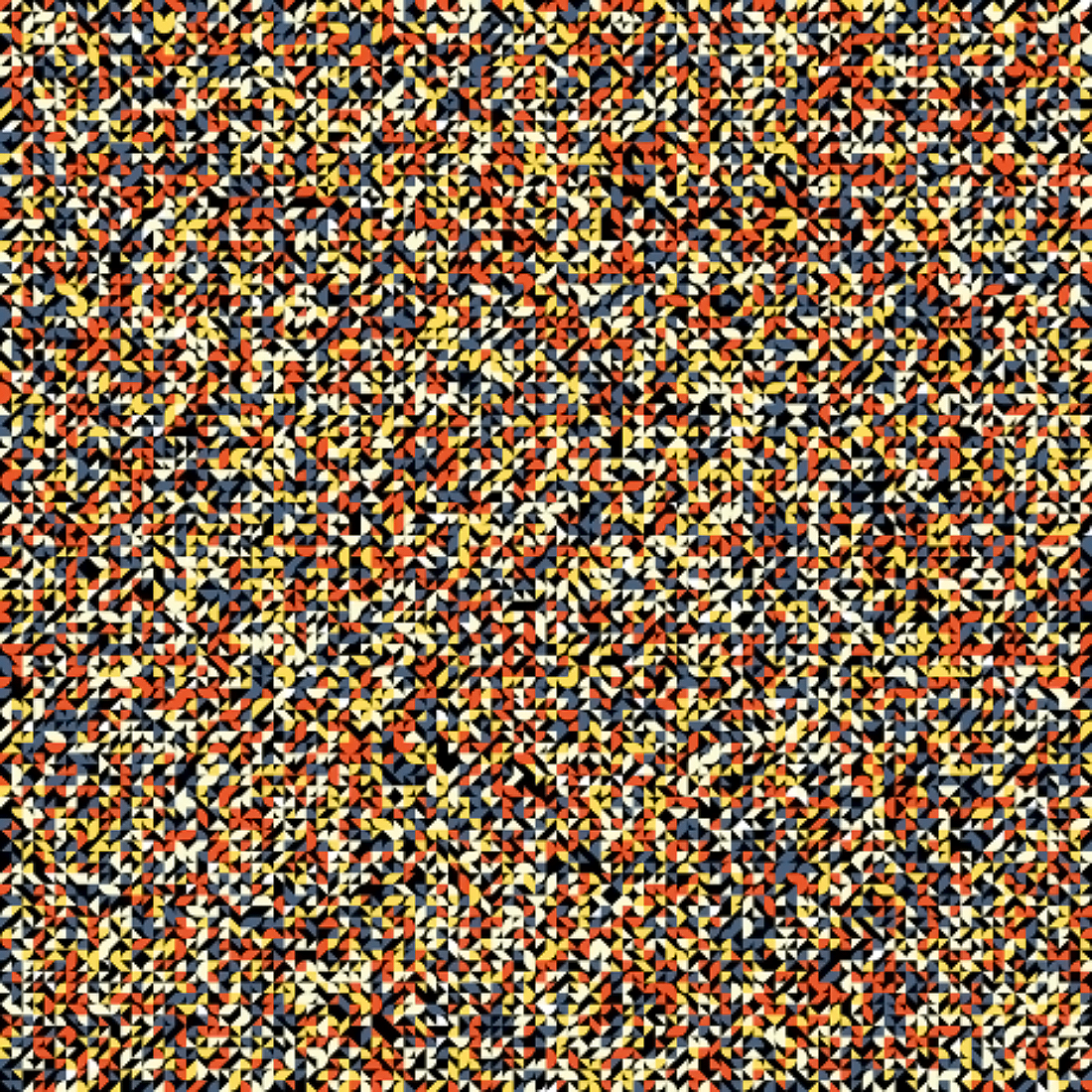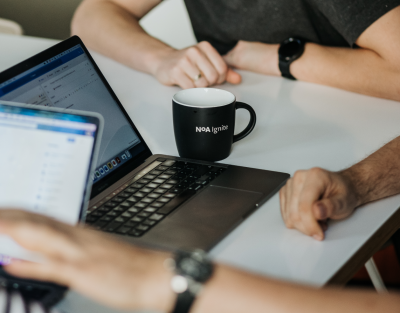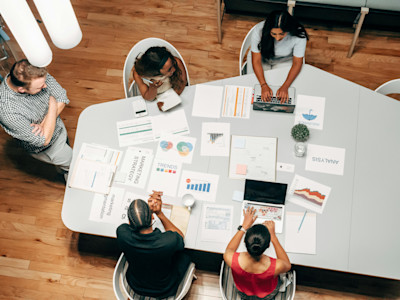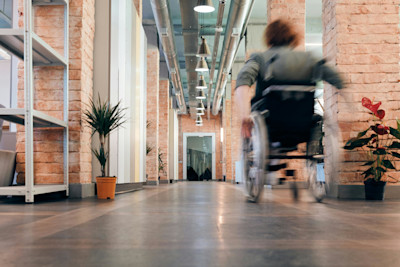HackYeah: The first award in "Quantum Art" goes to our employees!
October 24, 2023 / 2 min read

Photo: Proidea #HackYeah2023!
At the end of September, our employees participated in the 9th edition of HackYeah. As Quantastic Team, they get the chance to create art with quantum computing and win the first prize.
What is HackYeah?
HackYeah is a hackathon for programming, design, and innovation enthusiasts organised on 30th September - 1st October by Proidea in Kraków, Poland. Participants get the chance to showcase their programming skills by creating innovative solutions. For those who didn’t want to participate in competitions, there was a conference with great lectures. The event is also an opportunity to meet and network with like-minded individuals. You can read more on the HackYeah website.
Quantum Art competition – rules
Among the hackathon tasks were topics around cybersecurity, fintech, crypto and others. We deemed the Quantum Art competition the most interesting one. It was about programming a quantum computer to generate some form of art. There were almost no limitations; participants could design music, graphics, charts, animations, texts, pretty much anything that could be called art.
Contestants had to take into account quantum mechanics concepts, including quantum superposition and entanglement, but also noise and errors (since we’re talking about noisy quantum computers).
Our project
We wrote the appropriate code in Python using Qiskit open-source SDK and used the simulators and the actual quantum computer to generate a mosaic. Each pixel in our mosaic reproduced the temporary quantum state.
Our mosaic was generated based on a changeable tile set and input data. The image elements were first arranged based on the quantum state that gets measured to create controlled randomness. After initial creation, the art lives on as an animated gif that glitches out with unstable quantum computer behaviour.
To create a mosaic, input shapes were computed by quantum calculations based on an algorithm that takes into consideration several factors, such as colours, shapes or rotation. The algorithm was written in Qiskit, and calculations were handled by IBM quantum computers and simulators. Our program took as an argument a choice between a colourful tile set or a black-and-white one.
By participating in competition, we could understand quantum mechanics better and try to grasp its complexity. The whole project was very intense, we were working on our algorithms at night, and on Sunday, we had to wait to get to the quantum computer and run our code on it.
Once the projects were evaluated, the jury picked five final projects (out of 15), including ours. In the final stage, we had to present our project and its results to the jury and answer their questions. We are proud to say that our Quantastic Team won first place along with a 10,000 PLN prize!
What was valued:
- Innovative idea on how to leverage quantum computer specifics (directly or in hybrid use with the classical computing).
- Clear explanation of the idea.
- Elegant code implementation.
- Beauty and quality of generated art samples.
- The use of real quantum computer is more valued than a simulator.
- Simple usage allowing others to reproduce and generate their own art samples.
- Educational aspect of learning quantum computing.
What is creative coding?
Our project can be described as an example of creative coding. It is a new field where people use computer code and programming to make art. This might sound unusual, but it's actually a really innovative way to express yourself. You can use code to create digital art, data graphs, or even make robots do art.
Through experimenting with the mosaic generation, we explored the mechanics of quantum physics. We attempted to control its complexity, expressing our findings in the mosaic's intricate design. Quantum computers are undergoing intensive development but remain in their early stages of evolution. Compared to classical computers, they hold greater potential, particularly in complex operations on large datasets, artificial intelligence, and cybersecurity.
Video from YouTube, "Using Real Quantum Hardware to Make Art Creatives in Quantum"
Authors
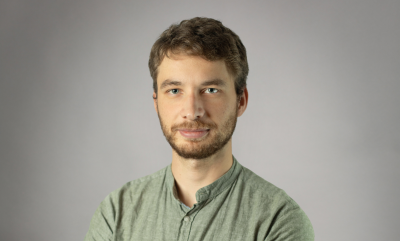
Paweł Bieniek
.NET Developer
Paweł is a back-end developer specialising in crafting web applications using technologies such as .NET, JavaScript, and SQL. In his projects, Paweł prioritises the quality of the code and focuses on understanding and addressing the specific needs of his clients. Paweł's diverse experience spans from small-scale projects to large enterprise solutions.
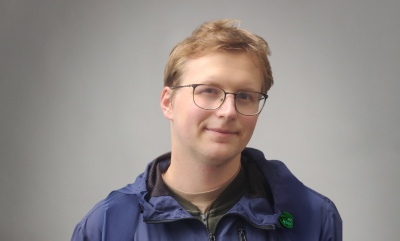
Jarosław Myjak
Full-stack Developer
FullStack engineer focused on bringing performant and accessible experiences to the web platform. With experience working with cloud services, modern frameworks and legacy projects, he is fearless in diving into any codebase. You can catch him coding another side project or skiing down the Tatra Mountains in his free time.
Related articles
![A well-crafted prompt doesn’t just work once. It works across teams, channels, and campaigns. It can be tweaked for new use cases and refined based on what performs best.]()
June 27, 2025 / 4 min read
Prompts are marketing assets: how to reuse, and scale them
Prompts aren’t throwaway lines. They’re repeatable, scalable assets that can streamline your marketing your team’s output. Learn how to build a prompt library that delivers.
![Woman using a wheelchair in the office settings]()
June 17, 2025 / 5 min read
What is accessibility and why it matters?
Accessibility ensures everyone — including those with disabilities or limitations — can read, navigate, and engage with your content equally.
